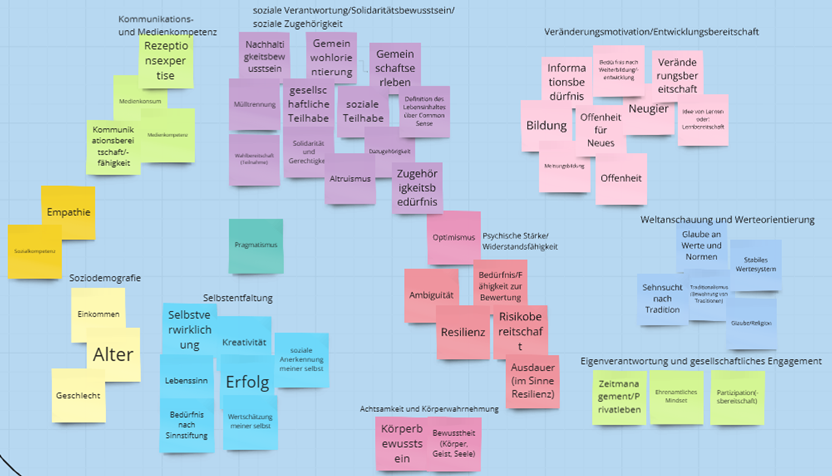Leibniz ScienceCampus "Postdigital Participation" Braunschweig

Leibniz Science Campus “Postdigital Participation” Braunschweig (2nd funding phase) (subproject of the joint project of the same name – DigiPart)
MeSch – Merit Key: Satisfying Needs in the Post-Digital World
Project management: Prof. Dr. habil. Harald Rau
Staff: Anna-Sophie Brucks, M.A. (staff member), Viktoria Heyer, M.A. (doctoral candidate in MeSch)
Project duration: October 1, 2023 - September 30, 2027
‘Media economics is and always will be a social science.’ (Rau 2016, p. 22)
One of the central theoretical concepts underlying public service media offerings is media meritocracy, which draws on the concept of merit goods published in 1959 by financial scientist Richard A. Musgrave.
By definition, ‘merit goods’ go beyond the classification of classic private or public goods – they are goods for which there is insufficient demand from a societal perspective in a given market situation and whose refinancing cannot be guaranteed on the basis of market forces. Typical examples of this can be found in the cultural sector (theatres, museums, opera houses).
For media economics, meritocracy is and remains a central construct linked to economics – within Europe, both nationally and internationally, the subsidisation of media organisations is justified on the basis of social logic, either through a licence fee that ensures independence from the state or – no longer independent from the state – through tax revenue. Ultimately, the entire discussion of public value is based on this deeply economic construct of meritocracy.
There are contexts that override market mechanisms; the debate surrounding market failure and government intervention has been a feature of the cultural and media economy for decades, which is precisely why the concept of meritocracy offered by financial science is so appealing as a means of justifying precisely those offerings that are subject to market failure or can be classified as non-market economics.
As a first step, the project will develop a scale that identifies needs oriented towards the common good in the context of cultural offerings. Since systematic identification of collective needs quickly reaches its limits, this will be done at the individual level.
In the best case, the scale we're developing will let us work on and with demand-driven and potentially high-rating cultural and media offerings that address merit wants. This way, the hoped-for quantification of merit wants can lead to really specific recommendations for management, further development, and the (democracy-promoting) design of culture and media.
